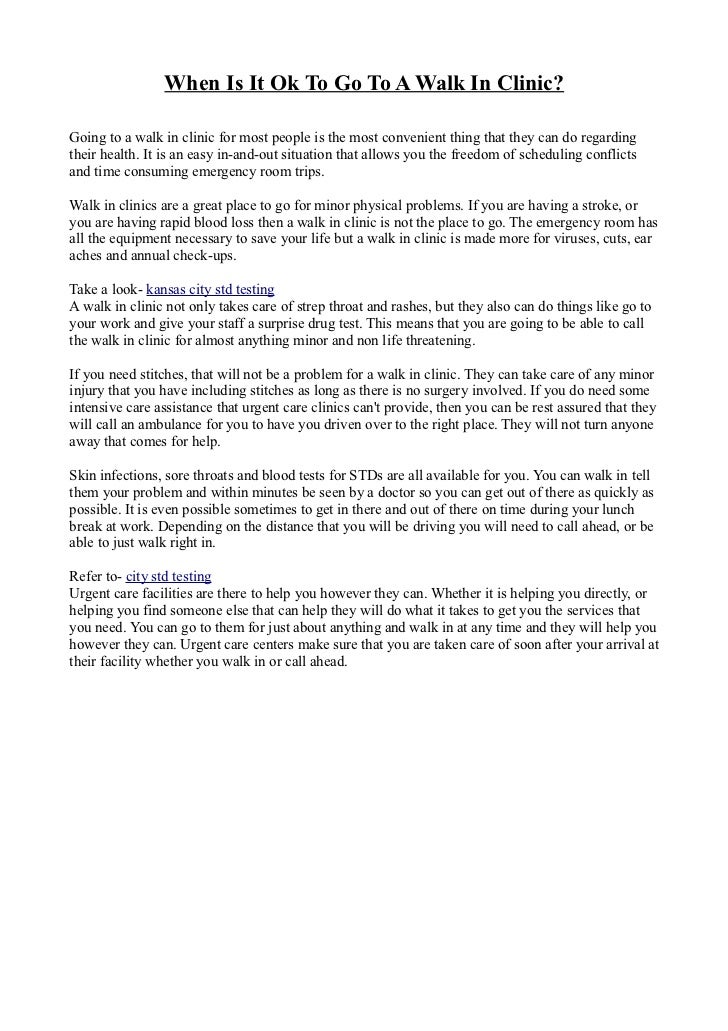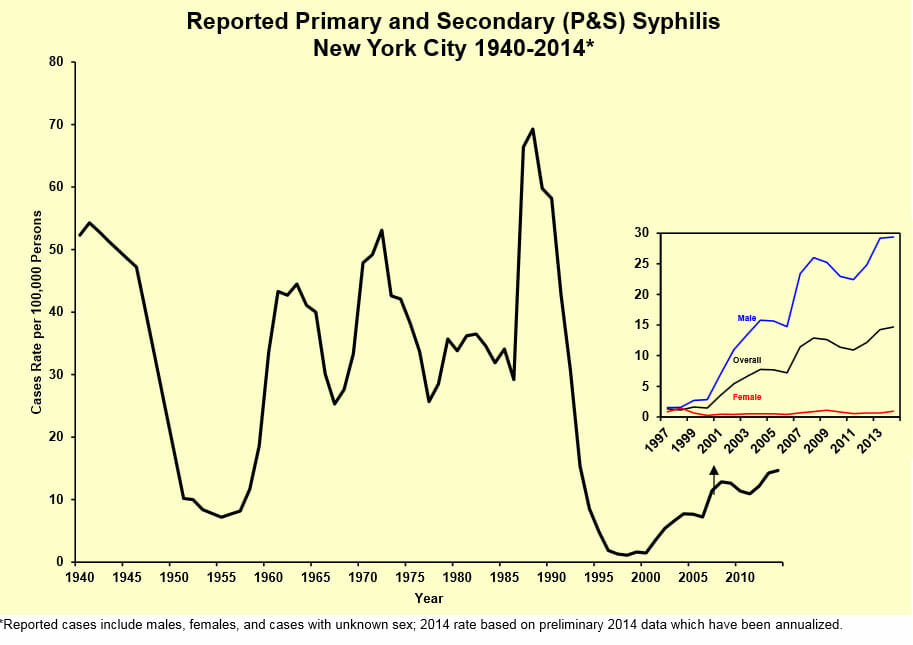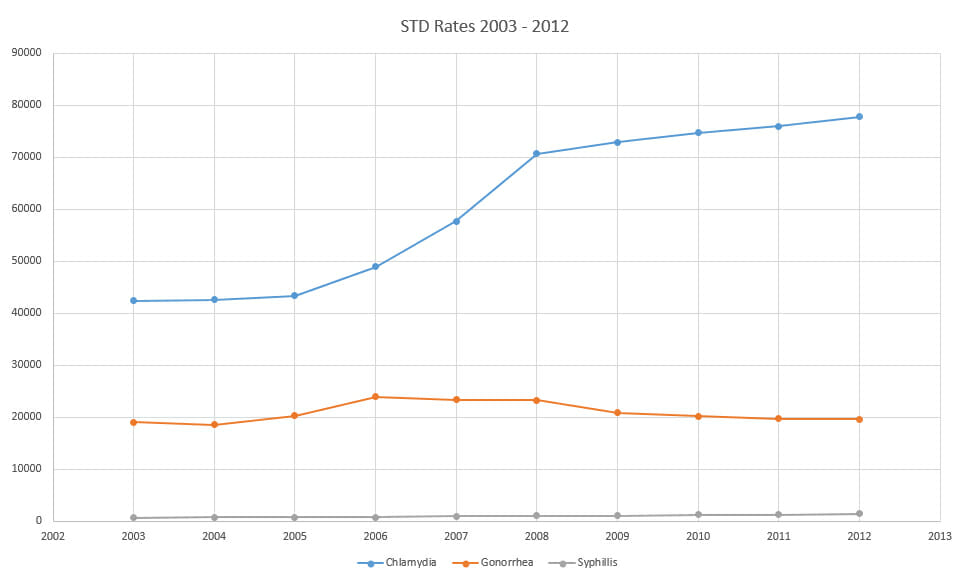Adolescent medicine or Hebiatrics is a medical subspecialty that focuses on care of patients who are in the adolescent period of development, generally ranging from the last years of elementary school until graduation from high school (some doctors in this subspecialty treat young adults attending college at area clinics, in the subfield of college health). Patients have generally entered puberty, which typically begins between the ages of 9 to 11 for girls, and 11 to 13 for boys.
In developed nations, the period of adolescence is extended both by an earlier start, as onset of puberty is beginning earlier, and a later end, requiring more years of education or training before economic independence from parents.
Issues with a high prevalence during adolescence are frequently addressed by providers. These include:
- Sexually transmitted disease (working with specialists in pediatric endocrinology, adolescent obstetrics and gynecology, immunology infectious diseases, and urology and reproductive medicine)
- Unintended pregnancy (working with specialists in adolescent obstetrics and gynecology, especially in neonatology and maternal-fetal medicine; many- though not all- are medically risky or high-risk cases and/or to those with psychosocial, environmental, and socioeconomic challenges)
- Birth control (there is currently a drive in the United States federal government's health care policymaking to ensure access to any and all prescription or non-prescription contraceptive methods to adolescent minors who request them, especially if they are over a certain age)
- Sexual Activity (such as masturbation, sexual intercourse and sexual abuse)
- Substance abuse
- Menstrual disorders (such as amenorrhea, dysmenorrhea and dysfunctional uterine bleeding)
- Acne (working with specialists in dermatology who treat adolescents)
- Eating disorders like anorexia nervosa and bulimia nervosa (working with nutritionists and dieticians, and also specialists in pediatric mental health counseling, clinical psychology, and pediatric psychiatry, who work with adolescents)
- Certain mental illnesses (especially personality disorders, anxiety disorders, major depression and suicide, bipolar disorder, and certain types of schizophrenia; in concert with mental health counselors, clinical psychologists, and pediatric psychiatrists specializing in adolescent health care)
- Delayed or precocious puberty (often working with specialists in adolescent pediatric endocrinology, urology, and andrology)

Scope of care
Providers of care for adolescents generally take a holistic approach to the patient, and attempt to obtain information pertinent to the patient's well-being in a variety of different domains.
- Home -- how is the adolescent's home life? How are his/her relationships with family members? Where and with whom does the patient live? Is his/her living situation stable?
- Education (or Employment) -- how is the adolescent's school performance? Is he/she well-behaved, or are there discipline problems at school? If he/she is working, is he/she making a living wage? Are they financially secure?
- Eating* (incorporates body image) -- does the patient have a balanced diet? Is there adequate calcium intake? Is the adolescent trying to lose weight, and (if so), is it in a healthy manner? How does he/she feel about his/her body? Has there been significant weight gain/loss recently?
- Activities -- how does the patient spend his/her time? Are they engaging in dangerous or risky behavior? Are they supervised during their free time? With whom do they spend most of their time? Do they have a supportive peer group?
- Drugs (including alcohol and tobacco) -- does the patient drink caffeinated beverages (including energy drinks)? Does the patient smoke? Does the patient drink alcohol? Has the patient used illegal drugs? If there is any substance use, to what degree, and for how long?
- Sex -- is the patient sexually active? If so, what form of contraception (if any) is used? How many partners has the patient had? Has the patient ever been pregnant/fathered a child? Do the patient and their partners get routine reproductive health and STD checks and physical examinations? Are there any symptoms of a sexually transmitted infection? Does the patient identify as heterosexual, homosexual, or unsure? Does the patient feel safe discussing sexuality issues with parents or other caregivers?
- Suicidality (including general mood assessment) -- what is the patient's mood from day to day? Has he/she thought about/attempted suicide? In broader terms, is their mental and emotional state so dysfunctional that the activities of daily living are largely impaired or they present a risk to themselves or others?
- Safety* -- does the patient regularly wear a bicycle helmet? seatbelt? Does the patient drive while intoxicated or with a driver who is intoxicated? Does the patient wear safety equipment while participating in sports?
- Some providers favor the addition of Strengths to the list, in an effort to avoid focusing on issues of risk or concern, and reframe the patient interaction in a manner that highlights resilience.
In addition to a detailed history, adolescents should have a comprehensive physical exam (including a developmental and neurological assessment, STI testing, and a reproductive system exam) and mental health status exam on at least a yearly basis, in addition to yearly dental and ocular exams.
Std Testing Kansas City Video
Gay, Lesbian and Bisexual Youth
Adolescents who are gay, lesbian or bisexual tend to demonstrate more risky health behaviors and have worse health outcomes compared to heterosexual youth, including:
- Substance Abuse
- Suicidality
- Eating Disorders and Body Image
- Sexual Behaviors, including Unintended Pregnancy Involvement (Contrary to assumptions, gay, bisexual or lesbian youth are more likely to report involvement in pregnancy compared to their heterosexual peers)
- Homelessness, which affects health and access to care

Chronic Conditions
The rising dominance of chronic conditions over acute conditions, along with dramatic improvement in life expectancy, has made the management of such chronic conditions in adolescence of greater importance: Chronic conditions and adolescent development are mutually impactful.
Chronic conditions often cause delay in onset of puberty and temporary or permanent impediments to growth; conversely the growth and hormonal changes can destabilize treatment for the chronic condition. An increase in independence can lead to gaps in self-management, for example, in the decreased management of diabetes.

Young peoples' access to health care
In addition, issues of medical ethics, particularly related to confidentiality and the right to consent for medical care, are pertinent to the practice of adolescent medicine.

Training
Adolescent medicine providers are generally drawn from the specialties of pediatrics, internal medicine, med/peds or family medicine. The certifying boards for these different specialties have varying requirements for certification, though all require successful completion of a fellowship (a comprehensive list of which is available through the Society for Adolescent Health and Medicine) and a passing score on a certifying exam. The American Board of Pediatrics and the American Board of Internal Medicine require evidence of scholarly achievement by candidates for subspecialty certification, usually in the form of an original research study.
In the United States, subspecialty medical board certification in adolescent medicine is available through the specialty boards of American Board of Internal Medicine, the American Osteopathic Board of Neurology and Psychiatry, the American Board of Family Medicine, the American Osteopathic Board of Family Physicians, the American Board of Pediatrics, and the American Osteopathic Board of Pediatrics. Master degree in Adolescent Medicine can be obtained from Lisbon University, Portugal and Sohag University, Egypt
.png?n=6673)
Adolescent Health centers in the United States
Many subspecialists practice as part of general specialty clinics or practices, or in high school or college clinics. In addition, many major metropolitan areas have clinics that offer adolescent-specific care. A partial list includes:
Dallas
- Adolescent and Young Adult Clinic at Children's Medical Center (Dallas)
- Windhaven Adolescent Medicine Clinic at Texas Health Presbyterian Hospital (Plano)
Kansas City, MO
- Adolescent Clinic at Children's Mercy Hospital (Kansas City, MO)
New York City
- The Adolescent Health Center at Mount Sinai Medical Center (Manhattan)
- Adolescent clinic at Children's Hospital at Montefiore Medical Center (the Bronx)
Rochester, NY
- The Adolescent Health Clinic at University of Rochester
Los Angeles
- Teenage and Young Adult Health Center at Children's Hospital Los Angeles
San Francisco area
- Adolescent Medicine Clinic at Lucile Packard Children's Hospital at Stanford
- Adolescent Medicine Clinic at UCSF
Boston
- Division of Adolescent Medicine at Children's Hospital Boston
Philadelphia
- Adolescent Medicine Clinic at the Children's Hospital of Philadelphia
- Adolescent Medicine at St. Christopher's Hospital for Children
- Teen Health Center at Temple University Children's Medical Center
- Teen Health Center at Albert Einstein Medical Center
Columbus
- Adolescent Health at Nationwide Children's Hospital
Seattle
- Department of Adolescent Medicine at Seattle Children's Hospital
Cincinnati, OH
- Division of Adolescent Medicine at Cincinnati Children's Hospital Medical Center
Richmond, VA
- Adolescent Medicine at Children's Hospital of Richmond

Adolescent Medicine in Australia
These hospitals offer adolescent-specific care:
Sydney
- The Department of Adolescent Medicine at The Children's Hospital at Westmead
- The Department of Adolescent Medicine at Westmead Hospital
- Youth Consultatncy & the Chill, at Royal Prince Alfred Hospital
Melbourne
- The Centre For Adolescent Health Royal Children's Hospital Melbourne

Professional Organizations
In addition to membership in the organizations for their various specialties, adolescent medicine providers often belong to The Society for Adolescent Health and Medicine and/or The North American Society for Pediatric and Adolescent Gynecology.
Founded in 1987, the International Association for Adolescent Health (IAAH) is a multidisciplinary, non-government organization with a broad focus on youth health.

Publications
- The Journal of Adolescent Health published by the Society for Adolescent Medicine
- Journal of Pediatric and Adolescent Gynecology published by the North American Society for Pediatric and Adolescent Gynecology
- Adolescent Medicine: State of the Art Reviews published by the American Academy of Pediatrics publishes
Are You Looking for Products
Here some products related to "Adolescent Medicine".
Jacobson Hat Company Adul..
Seagull Coastline Grand G..
Amazon.com : Winn Golf Cl..
Amazon.com : Winn Golf Cl..
Get these at Amazon.com* amzn.to is official short URL for Amazon.com, provided by Bitly
Source of the article : here






EmoticonEmoticon